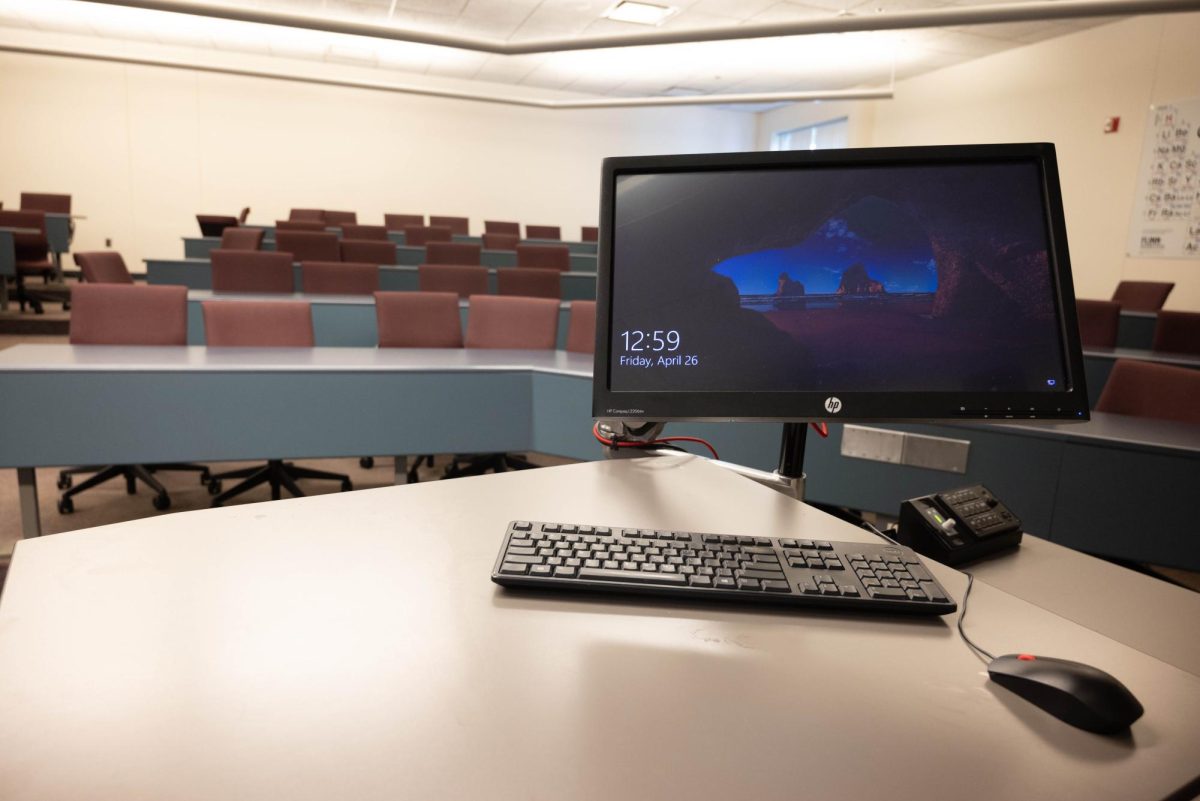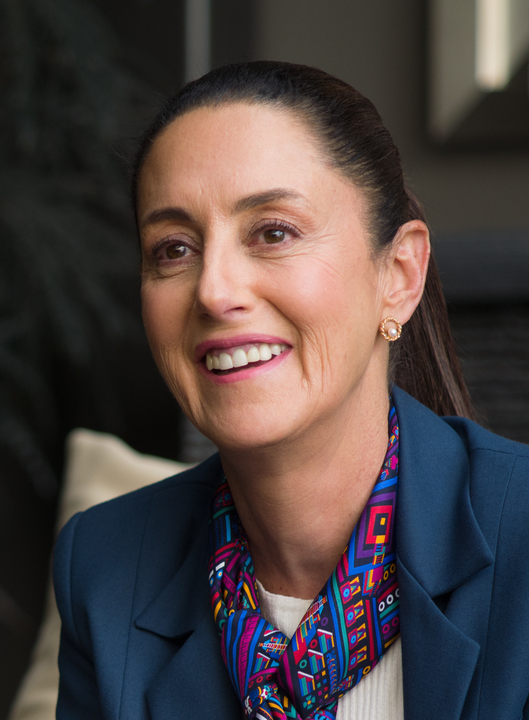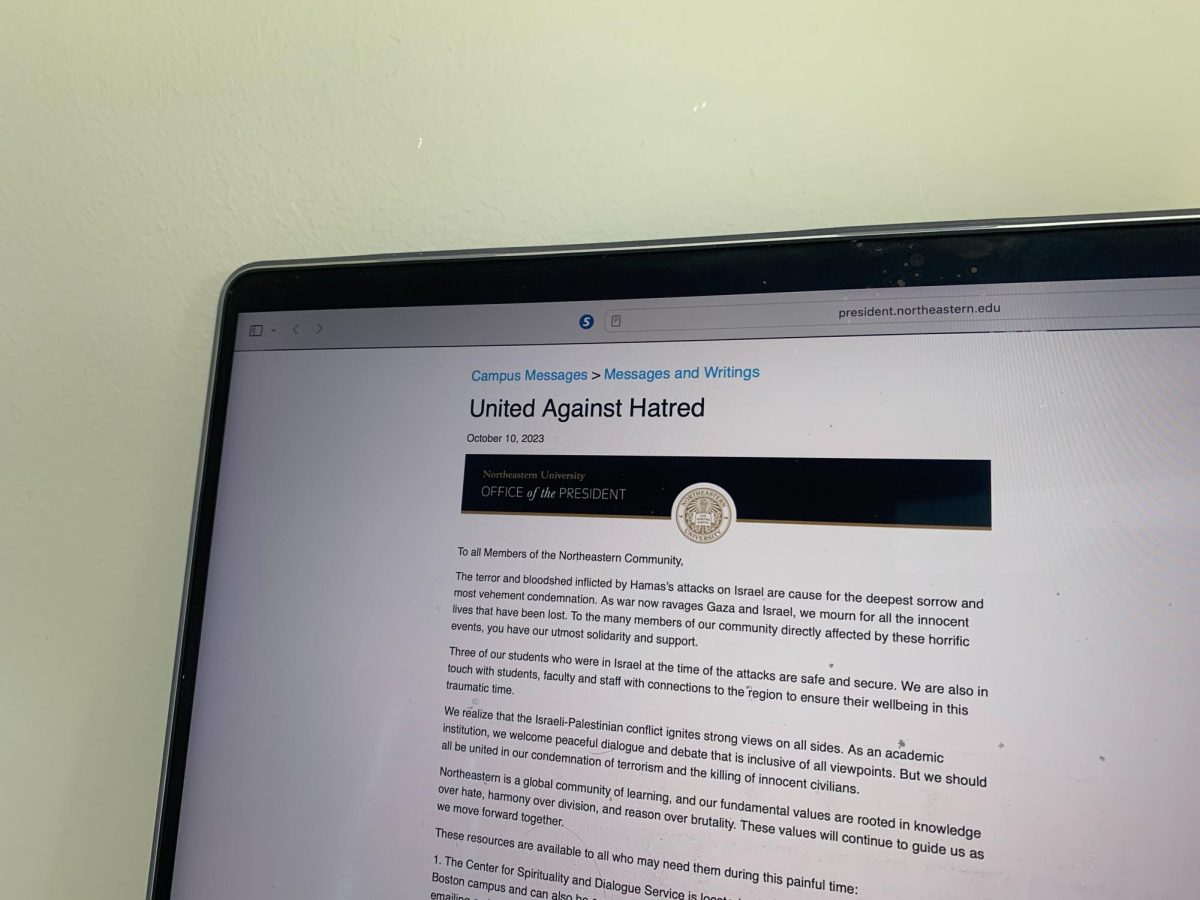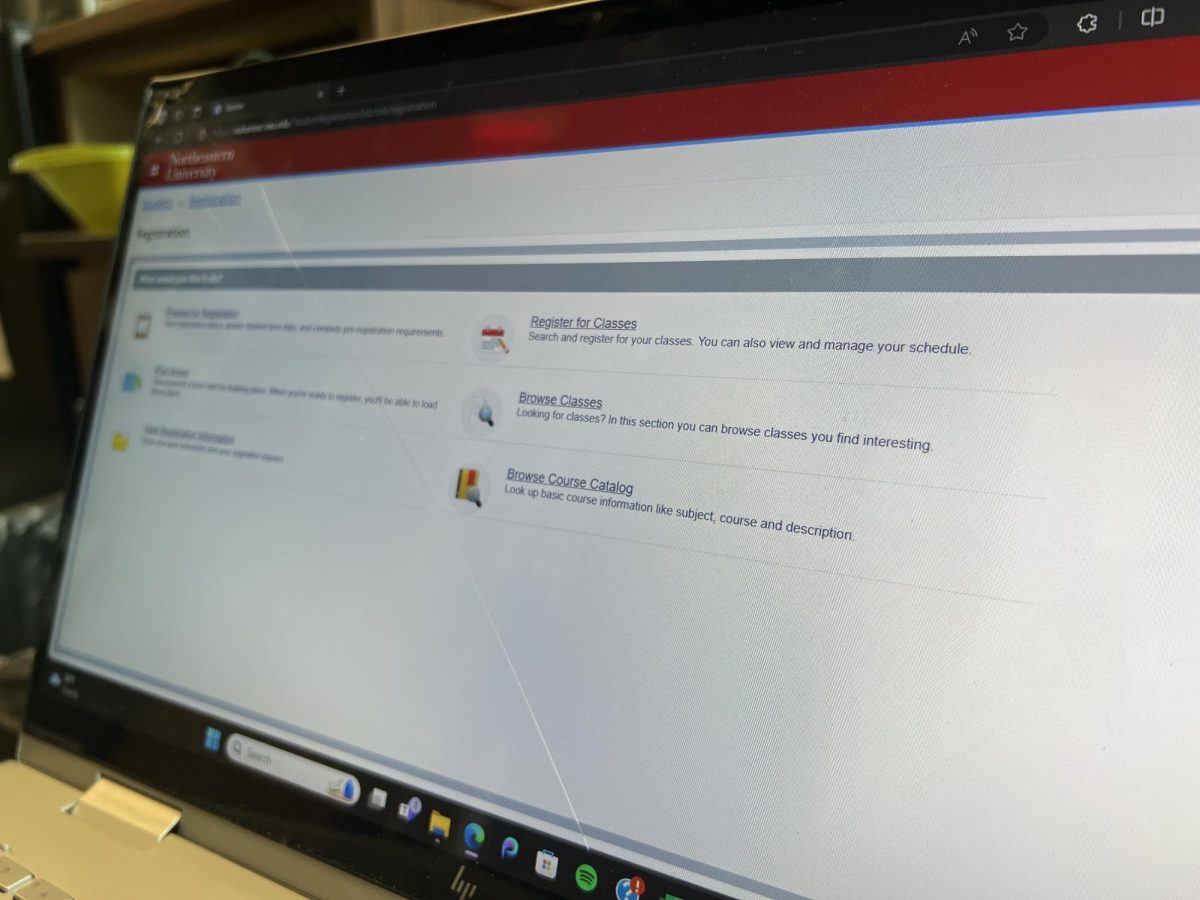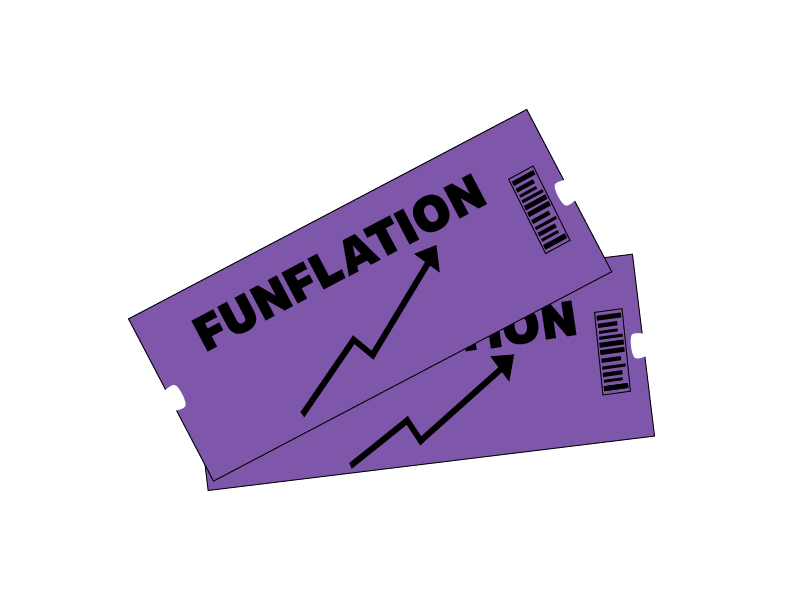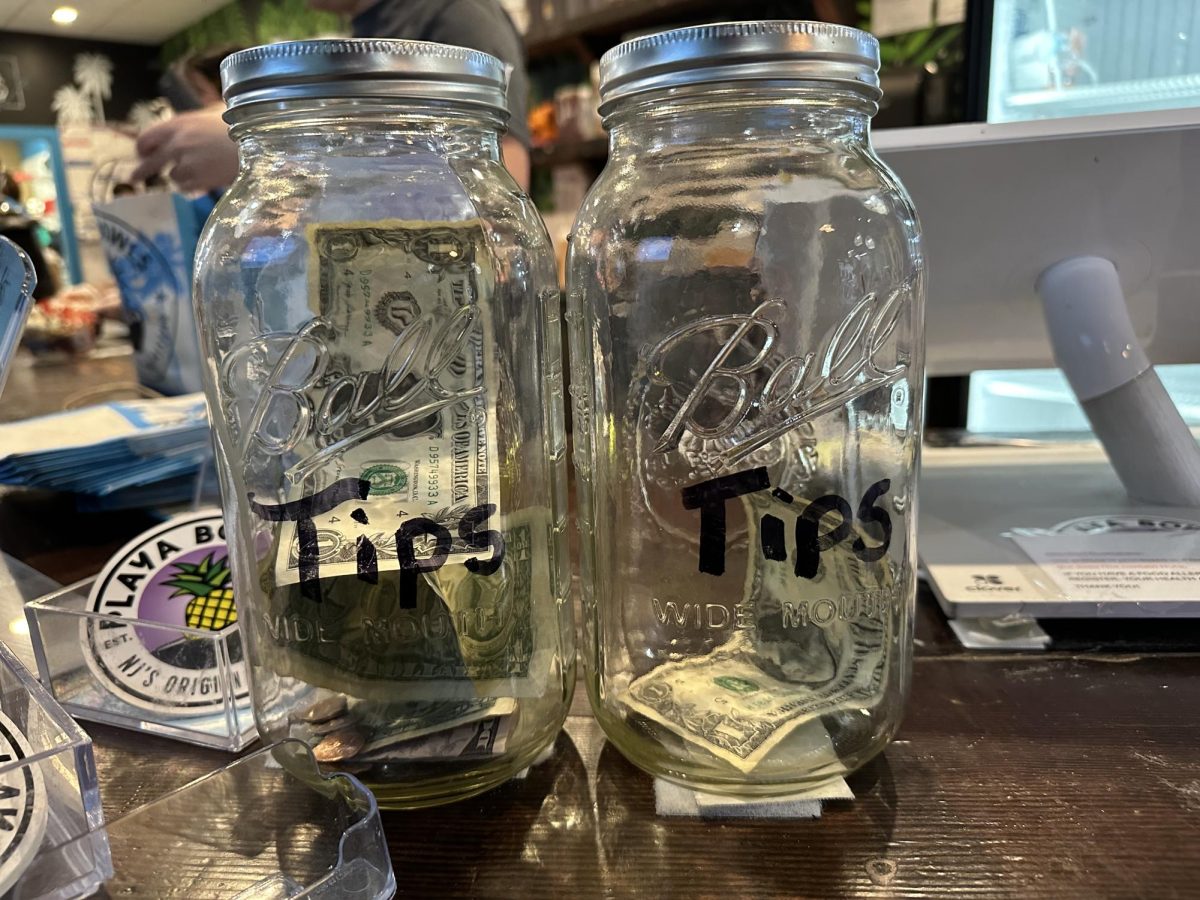A majority of Northeastern students opt to become a full-time employee for six months during their education by way of participating in the university’s co-op program. Students get a taste of being the adults they aspire to be by having a job in the field they are actively working toward being a part of. For most, there are no classes to attend during the day, no assignments to turn in and no exams to worry over, giving students a sense of independence that is never quite achieved during a semester of classes.
In Northeastern’s Professional Development for Co-op class, we are taught how to make ourselves appealing to employers on paper and perform well in an interview. While the co-op class is an excellent resource for teaching practical skills that prepare students for applying to a new job, it doesn’t prepare students for the cyclical emotions that can be felt through the multiple transitions between co-op and classes. You are well-prepared on how to be a good employee, but you are ill-prepared for how co-op affects your social well-being.
Co-op can feel incredibly isolating, even if one is content with their job and doesn’t have class assignments impeding on their free time. If you are not on campus, you can’t see your friends throughout the day or have lunch with them between classes. If you are scheduled early in the morning, you don’t get to stay out with friends as late as you used to. While on co-op, there’s a nagging feeling that you are always missing something, or that you are not as close with friends since you are not with them as frequently or for as long as you used to be.
In addition, it’s difficult to integrate yourself into a well-established team of employees at your job, especially in the first few weeks. It feels as though you’re on the outside since your coworkers have pre-existing friendships and people that they automatically turn to when they need help with a task. In the beginning, you feel different from your coworkers because you are just a temporary addition to their team.
Going on co-op changes the dynamics of who you are around the most often, who you talk to and the conversations you have. Changing the nature of one’s social interactions so abruptly and severely has a significant impact on an individual’s mental health, and I don’t think it’s talked about enough in regard to the transition to a co-op.
Furthermore, despite the co-op cycle being a quick-moving six months, burnout can still occur. Mayo Clinic, a leading non-profit health organization, defines burnout as “a type of stress related to work,” causing one to become “worn out physically or emotionally.” Having completed a full cycle in a clinical setting, I can attest to the burnout that comes from handling a variety of patients with different needs and being on your feet all day. I can assure you that it does not only happen to healthcare workers either. Regardless of the fact that co-ops are temporary employees and may not have the same title as their coworkers, they are still given a level of responsibility that can result in burnout.
Burnout from any source of stress in the workplace, in turn, affects the social well-being of students. After a long and busy day with patients, I’d often find myself uninterested in meeting up with friends since I felt so drained. It can become very easy to resort to a quiet and relaxed Friday night by yourself despite the feeling of isolation.
I strongly believe that co-op classes should teach students how to recognize burnout and prepare them with strategies to mitigate it for the betterment of student mental health. Just like many of the other skills taught in the co-op class, burnout mitigation strategies can be used throughout the rest of one’s professional life. At this early stage of their students’ professional lives, it is crucial that Northeastern instills in them that mental wellness should not be sacrificed for professional success.
Northeastern prides itself on building professionals through the co-op program, but making successful professionals means preparing them for unfavorable aspects of working a full-time job.
The other shift that happens is the return back to classes once your six months of employment are over. In any case, the hardest part of being in classes again is that you almost forget how to be a student. The freedom of no assignments and exams comes to a harsh and jarring end. You have to juggle multiple classes throughout the day and week, in addition to the assignments now filling your free time, as opposed to your one job.
When you start a co-op, there are teams and systems in place to train you for success and help you get your footing and the confidence necessary to succeed. But, when you return to classes, there is no one to help you remember what worked well for you as a student. The responsibility of being a good student remains on the students themselves, but I believe the administration has a vacancy in the resources available to help facilitate that after co-op. For example, required meetings with academic advisers after finishing a co-op could help students feel more confident in their return to classes.
Co-op cycles are just as they sound: cyclical. Northeastern students rotate in and out of being full-time students and full-time employees and have to deal with the emotional stress of those changes. While Northeastern does what it believes is best to prepare students ahead of their first co-op, they don’t inform students on the most realistic difficulties that co-op can bring upon them. Northeastern also fails to support students beyond the completion of their first co-op. Students always have access to their co-op coordinator and academic advisor by way of email if they are struggling or have questions. But without prior knowledge of the strain that comes with co-op transitions, students might feel as though they are the only ones dealing with these issues and will be deterred from reaching out for help. This is especially true if they don’t know where to find the resources that could aid them in relieving their stress.
Thus, co-op education courses have to be expanded to include guidance on how to balance one’s social life, burnout and how to be successful upon returning to classes. This is not to scare students, but to let them know they aren’t alone if they find themselves grappling with any of these issues. An overwhelming majority of students at Northeastern experience being on co-op for the first time, and every one of us deserves to feel supported as we make the most of that experience. Students will come out of co-op as stronger professionals if they have the skills to balance their personal wellness and their career, which is what Northeastern should strive for their students to achieve.
Kara Orsini is a third-year health science major on the pre-med track. She can be reached at [email protected]








